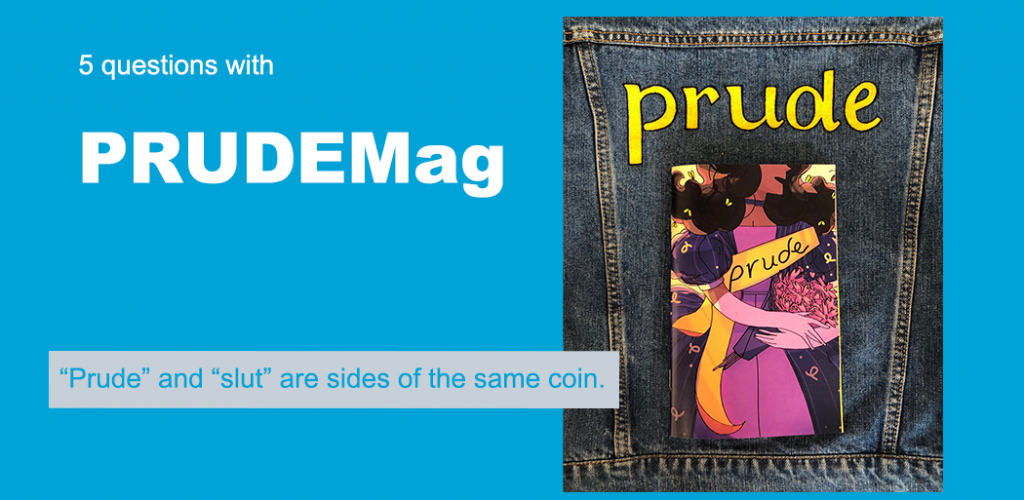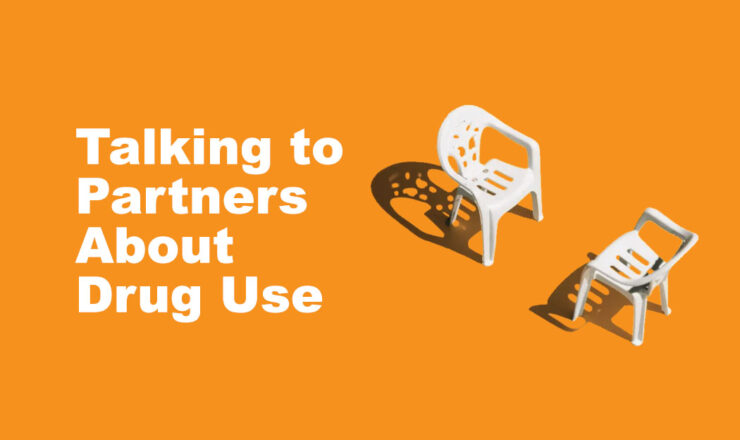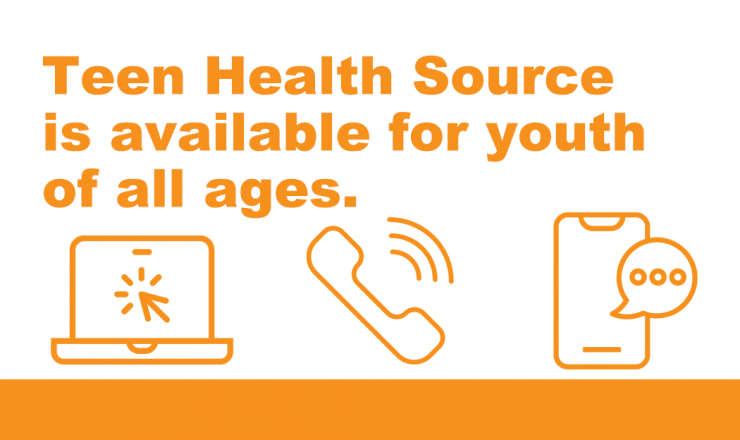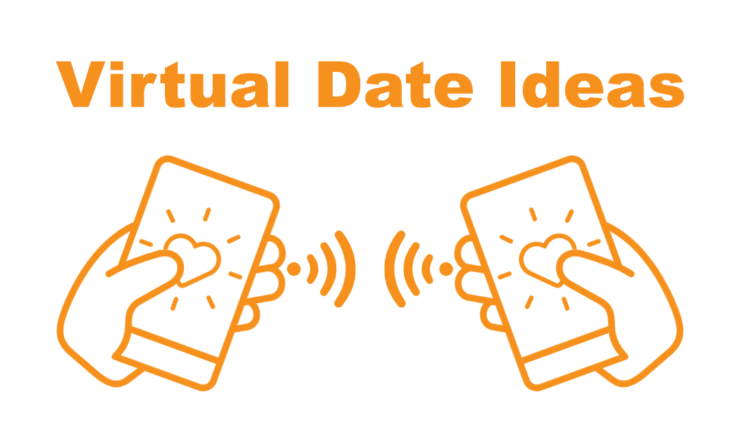

5 Questions is where Teen Health Source volunteers ask 5 questions to people about their unique perspectives on everything to do with sex and gender. In this instalment we talked with Rea and Twoey. They are some of the team behind the recently released PRUDEmag, a publication about reclaiming “prude” as a celebration of autonomy and boundary-setting, a refusal of sex-necessary feminism, and a liberation in which our “no” is respected. You can reach them:
Rea: The response has been really affirming and heartwarming. Someone from the Toronto Public Library stopped by our table at Canzine and bought PRUDEmag to be placed in the zine section of the Toronto Reference Library! I’m still in glee about it. I’ve spent hours in that section, sitting on the carpet floor carefully picking out dozens of handmade zines from the stacks. It’s really sentimental to have my art inspiration and my art contribution come full circle like that.
Twoey: Before the zine was even published, I was really moved by seeing the submissions filter in with so many wonderful messages of support. So many people have expressed excitement at the concept of a prude movement, which has honestly affirmed my own identity quite a bit! Being asexual and aromantic, I used to feel my community was quite small, but since organizing under the wider term of “prude” I’m building alliances with all kinds of people who share pride in our boundaries.
Rea: To be honest, I don’t really see a distinction between content for prudes vs non-prudes. Sure, the mag was curated with prudes in mind, but anyone who doesn’t identify as a prude gets to be immersed in our worlds and learn from us firsthand. We also kept in mind that this is likely the first time many readers are hearing about prude as a reclaimed term to take pride in. So whether a reader identifies with reclaiming prude or not, we’re introducing a concept and movement that is often new to them.
Twoey: Under a sex-necessary culture, almost all of us have faced negative repercussions (or even just awkwardness!) after saying “no”. We first and foremost wanted prudes to feel recognized, but also for as many people as possible to realize they have a stake in this too. After all, “prude” and “slut” are sides of the same coin. Two of my favourite pieces in the zine highlight this duality: One is an interview with a sex worker on the asexual spectrum whose prude identity is sometimes eclipsed by stereotypes about her job. The other is a personal essay by a writer with vaginismus who is adamant that they have a full and meaningful sex life even though they can’t have penetrative sex. Our relationships to the prude-slut continuum are so complicated, I think everyone has something to add to the prude conversation!
Rea: Great question. To those reading this who have experienced that stigma: there are going to be people who look down on you for your choices around sex and for asserting your sexual boundaries. They’ll express judgement, confusion, disappointment, or even get pushy. I’m talking about classmates, friends, and especially sexual partners. Even the most “woke” / feminist perceived people may surprise you with their politics and opinions on sex. But understand this – that is not your problem, that is their problem. And there is nothing wrong with you, but there is something very wrong with the way cultural values, cisheteropatriarchy, amatanormativity, and ableism have set narrowly defined expectations and normalcies of sex. Twisted normalcies which go widely unquestioned. Some of these common beliefs include: non-penetrative sex isn’t real sex, most people have their first kiss by age 18 otherwise you’re a ‘late bloomer’, most people have sex by at least the 3rd – 4th date otherwise you’re a prude, people who haven’t had sex are more innocent, abstaining until marriage is unrealistic and only overly religious weird people do it. All of this is bullshit.
So don’t be embarrassed because you’ve never been kissed or because people label you a ‘virgin’. Don’t feel guilty because a sexual partner wanted to go further, and you said no. Virginity is a false construct that holds no weight. It’s used to shame people for having had sex or for not having sex. There’s no such thing as a ‘virgin’ because there is nothing fundamentally different about you after having had sex. Reject these false constructs and false ideas. Let people know you don’t vibe with that. Tell people about the prude pride movement. When you hear people use prude or virgin as insults, take this knowledge and educate them (if you have the capacity to say something). And even when you can’t say anything, hold strong in the truth you carry about the world and about yourself.
Twoey: What Rea said! I’m happy to see asexuality starting to get some recognition, but we aren’t the only people deeply harmed by a sex-necessary culture.
I would add: reject the racism that is so rampant in sex-positive movements, the kind that characterizes cultural values of chastity or modesty as backwards or anti-feminist. This is rhetoric is so dangerous in how it demands sexuality from Black, Indigenous, and other people of colour. So much Western imperialist violence is justified under the excuse of “liberating” women to the white imagination of an empowered woman.
Likewise, we’re living at a startling time where psychiatry’s reach is intensifying to diagnose everything under the sun. Rea and I both identify as mad, or as psychiatry-critical consumer-survivors. Throughout history, there have been many other ways of understanding and honouring emotions that don’t involve sorting people into categories of “sane” and “mentally ill”. Reject this movement to pathologize everything. Like many other ways of existing, being a prude isn’t a disorder.
Rea: This comprehensive article really informs my prude ethics: The Ethical Prude: Imagining An Authentic Sex-Negative Feminism.
Twoey: A lot of my aroace (asexual aromantic) prude praxis is finding the words to define my experience in terms of what I *have*, versus everyone’s obsession with what I apparently “lack”. A zine called Pals: The Radical Possibilities of Friendship was really instrumental for me in finding those words!
Rea: We had a whole long list of topics we were interested in touching on. I’d love to have modest fashion, (im)migrant perspectives on sex in western culture, love & sex addicts on practicing celibacy, intersex voices and so much more. I’m really hoping we can do a second issue!
Twoey: I’ve had so many conversations since this zine that I wish I could publish word for word! I spoke to men who’d survived “locker room talk”, hijabi girls told they should “dress more feminist”, older folks who are happily single in late adulthood, survivors of sexual trauma rejecting the “sex is healing” pathology. Most of all, I’m interested in prude futures and prude pride. I’m interested in times being a prude felt good. Which for me, it certainly does.
Be sure to check out Rea and Twoey on the second episode of CBC’s The Big Sex Talk.
Check out our 5 Questions tag for more interviews from this series: Link.
If you have questions about this topic, feel free to contact one of our peer educators. [Link]
Last Updated: April 2022

Whether you both use, you both abstain, or one uses more/less than the other, drug use can have an impact on relationships. Talking about it isn’t always easy, but this article’s got some ideas on how to have conversations about boundaries and drug use in relationships.

We know it’s hard to access sexual health supports right now. To help, we’re opening up our info line to answer questions for youth outside of the 13-29 age range.

Dating when you can’t be in the same place can be really hard! This article covers some possible ideas for things you can do on virtual dates. Whether you’re in different cities or a pandemic lockdown, been together a long time or just started dating, hopefully there’s something here for you to try!